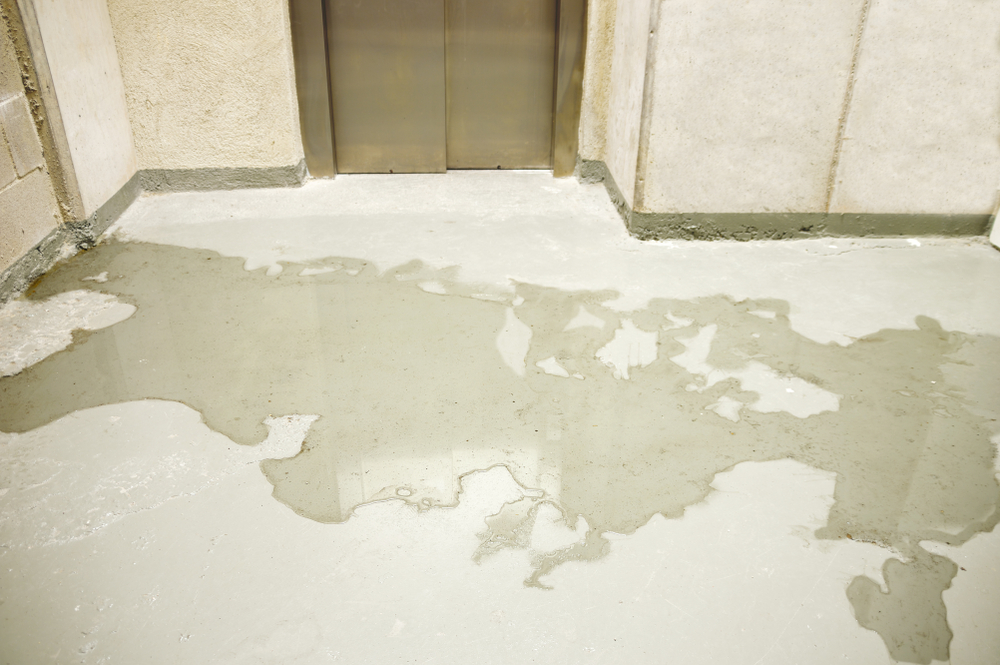A Yonkers family’s apartment was flooded with sewage water during a severe storm and they are looking for answers.
"The water was coming in from this side and that side. Right in this corner over here it was gushing out water, over here was gushing out water, under the radiator," Francine Voliton said. "We have to throw all this stuff out. TVs, laptops, clothes, linens, shoes, everything."
For two days the family carried out damaged items. They attempted to clean the home and get rid of the smell using bleach. Flooding by heavy amounts of rain water is somewhat understandable, but they are wondering how the sewage water got mixed in with it.
A spokesperson for the city said there was a sink hole that caused a sewage pipe to break that couldn’t be repaired before the rain came. The city says the landlord is responsible, the landlord says it’s the city who should pay for the damages. Meanwhile the Voliton’s are stuck it the middle.
Water Mold Fire Restoration of Westchester responds to situations like this several times a year. While we feel sorry for the tenants, there is little we can do to help if someone doesn’t step up and take responsibility.
In the case of damage done as a result of flooding, standard insurance policies, homeowners or renters, will usually not provide coverage. Floods are almost always covered by FEMA’s flood insurance policies. Renter’s insurance may cover the damage, but every situation is different. The good news however, is that FEMA will also sell flood insurance to tenants. The coverage has a $100,000 limit, but that would probably be sufficient in most cases. We encourage renters to contact FEMA and inquire about the coverage available to them.
You can also contact us at (914) 481-3938 any time and we can inspect the damage and offer advice on what to do next. Our inspections are free, so there will be no cost involved for you.
As an added note, the EPA reports that bleach is not recommended for cleaning up after a water loss. Bleach is a toxic chemical and can damage your health and your plumbing. It can react with other substances in your pipes and cause further damage or release toxic fumes. Caution is advised.








